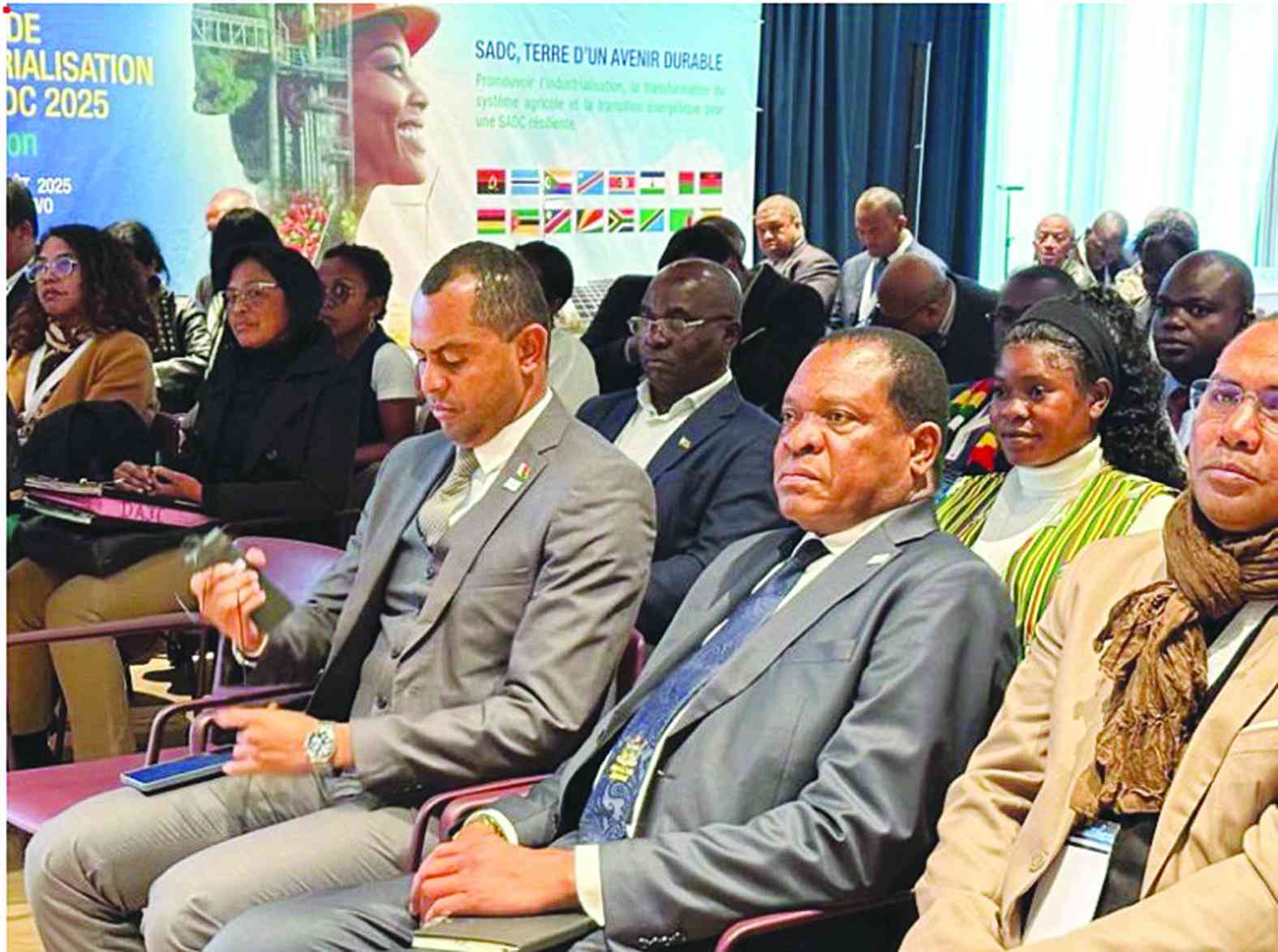
ZIMBABWE’S agricultural sector is gaining renewed momentum as the government outlines strategic initiatives to address key challenges and unlock the country’s full agricultural and industrial potential.
Speaking at the ongoing high level meeting during the 8th Sadc Industrialisation Week in Madagascar yesterday, Lands, Agriculture, Fisheries, Water and Rural Development minister Anxious Masuka outlined a strategic vision to transform the country’s agricultural sector to a key driver of economic growth.
Addressing structural challenges such as climate change, low productivity, limited access to finance, and perceptions of agriculture as a subsistence activity will transform sector, Masuka said, emphasising government’s commitment to repositioning agriculture as a business.
Key interventions include capacitating extension officers, strengthening value chains, enhancing leadership and encouraging greater public and private investment in the sector.
“The 2024/25 Crops, Horticulture, Fisheries and Livestock Summer Plan is central to this vision, targeting a significant boost in cereal output from 750 000 metric tonnes to over 3,2 million,” he said.
“The plan also places emphasis on oilseed production, livestock and fisheries development.
“With agriculture having already exceeded its US$8,2 billion target in 2021, the sector is now projected to reach US$13,75 billion by 2025, underlining its growing role in Zimbabwe’s economy, where it contributes up to 18% of GDP [gross domestic product] and supports over 67% of the population.”
Zimbabwe’s participation in the 8th Annual Sadc Industrialisation Week in Madagascar reaffirms its commitment to regional integration, agro-processing and sustainable industrialisation.
- Mavhunga puts DeMbare into Chibuku quarterfinals
- Bulls to charge into Zimbabwe gold stocks
- Ndiraya concerned as goals dry up
- Letters: How solar power is transforming African farms
Keep Reading
The country aims to become a regional agro-processing hub through investments in irrigation, seed systems, mechanisation and research.
Inclusive rural industrialisation models are also being promoted to empower the youth and women, create jobs and stimulate enterprise growth in farming communities.
By strengthening regional agro-value chains and forging strategic partnerships, Zimbabwe is laying the foundation for its vision of attaining upper-middle-income economy by 2030.
The private sector is also playing a critical role in this transformation.
From agricultural input supply to value addition and agro-processing, private companies are contributing technical expertise, innovation and investment.
Regional co-operation and international partnerships are further amplifying the impact by enabling knowledge exchange, mobilising funding and expanding markets for Zimbabwean agricultural products and processed goods.










